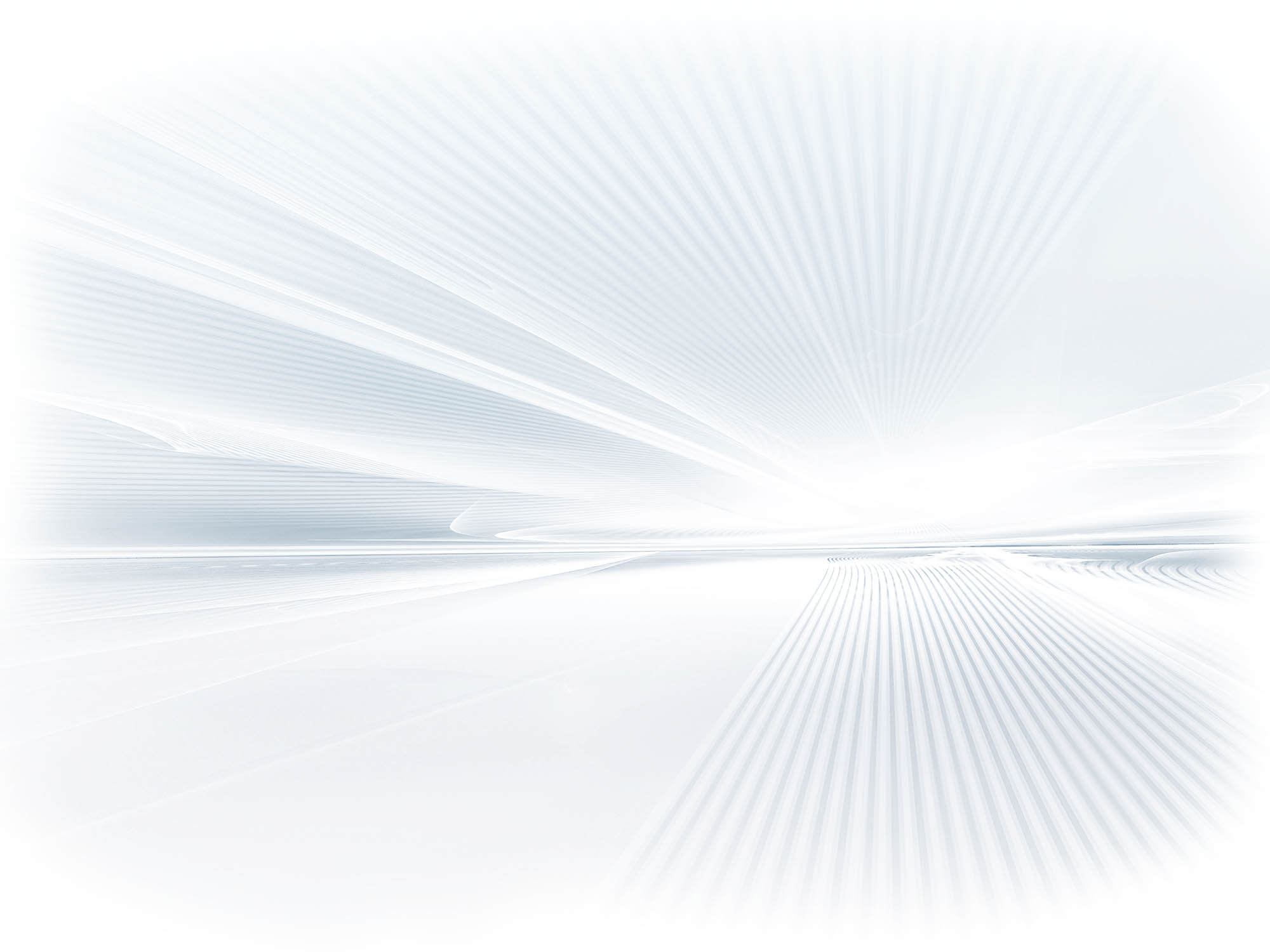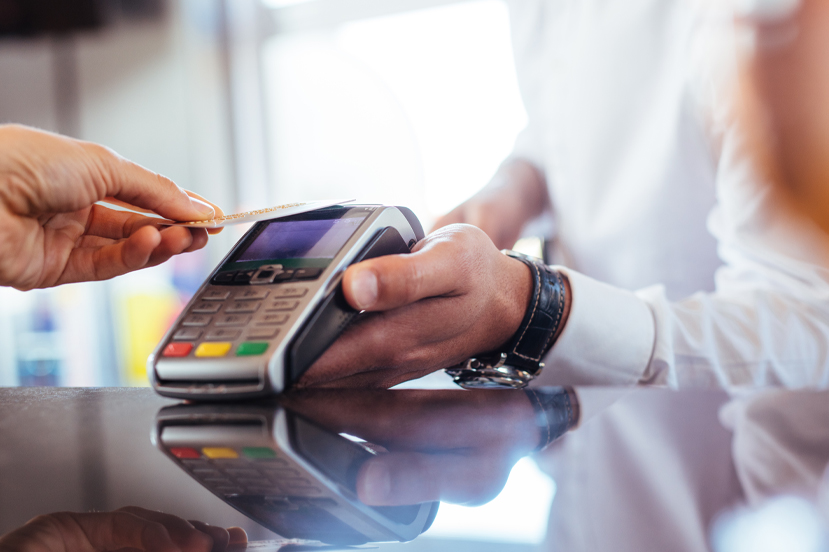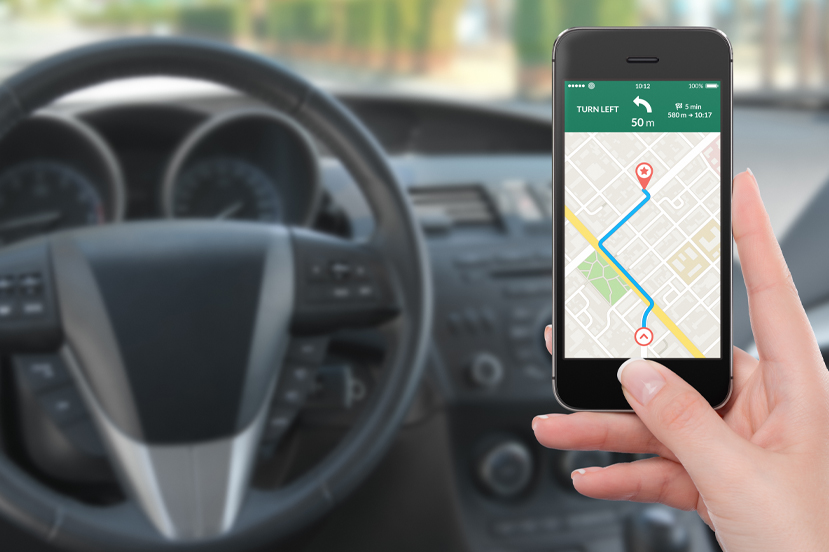What exactly is a personal check?
A personal check is a slip of paper that is processed from your checking account. On the check, you write an amount of money and the name of a recipient who will receive that money. The check is a promise that the money will be there when the recipient redeems it, whether hours, days or weeks later.
Checks are like slow-motion debit cards, which is why they can seem out of date. But that doesn’t mean you should chuck your checkbook into the trash can. You might need to write a check occasionally, and doing so has its pros and cons.
When do you need a personal check?
Personal checks can be useful because some transactions still require checks. Landlords may insist that tenants pay rent with checks, and some small businesses don’t accept credit or debit cards. If you prefer to stay disciplined with your spending, checks or cash can also be a better choice than plastic.
Alternatives to personal checks
Writing checks isn’t your only option; you could instead:
- Send money electronically, using services such as Venmo and Zelle. (Want to read more about these options and others? Read our roundup of the best ways to send money.)
- Take advantage of your bank or credit union’s online bill pay feature for recurring payments.
- Use a debit, credit or prepaid card.
Pros of personal checks
You avoid convenience fees. Some businesses, including some property managers, charge convenience fees for electronic payments. When you pay with a personal check, it’s usually free.
They have old-school security. If your wallet or purse is lost or stolen, you can kiss your cash goodbye. But banks and merchants still require a signature on every check, and cashiers are typically required to check customers’ IDs to verify that signatures are legitimate.
» An even more secure option, which may be best for very large purchases, is a cashier’s check.
It’s an offline option. According to the Pew Research Center, 11% of all U.S. adults don’t use the internet. Paying bills with a check might be easier for these consumers than paying in person with cash.
Cons of personal checks
Checks cost money. Paying with a check can help you avoid convenience fees, but you usually have to pay for your actual checks, and you’ll definitely have to shell out a few bucks each month for envelopes and stamps if you use checks to pay bills by mail. Try finding a checking account that offers a free first box of checks, as some of the best checking accounts do.
Processing takes longer. Cash, credit, debit or smartphone transactions process fairly quickly. And you can check your accounts immediately after the purchase to know how much you have left to spend. But check payments aren’t posted to your account until the recipient cashes the check. If you forget to log a payment or miscalculate your remaining balance, you could overdraw your account.
Checks can be convenient
If your checking account offers free checks, you might as well order a batch. And even if it doesn’t, it might be handy to have some available, but don’t overpay for them. That may mean ordering them from somewhere other than your bank or
credit union.
© Copyright 2018 NerdWallet, Inc. All Rights Reserved








